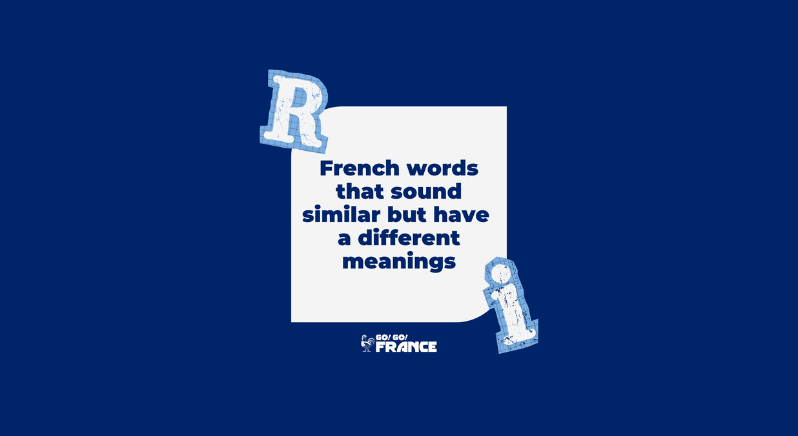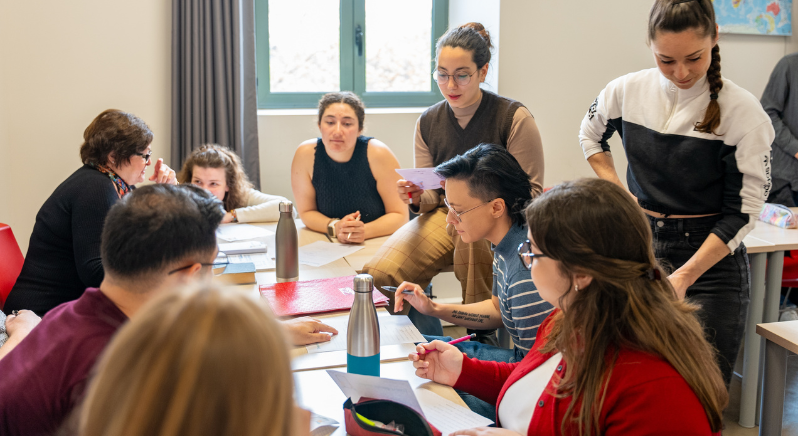When learning a new language, understanding the cultural nuances is just as important as mastering vocabulary and grammar. For foreign students beginning their journey into the French language, one aspect that can be both fascinating and slightly intimidating is the use of honorifics. French honorifics are not just mere titles; they reflect the rich tapestry of French culture, history, and the nuanced social etiquette that is deeply ingrained in daily interactions.
What are Honorifics?
Honorifics are titles or terms of respect used to address or refer to people, often indicating their social status, gender, profession, or academic achievement. In French, honorifics are pivotal in both formal and informal settings, and their correct usage is a sign of good manners and respect.
Common French Honorifics
- Monsieur (Mr.) and Madame (Mrs./Ms.): These are the most basic and widely used honorifics in French. “Monsieur” is used for adult men, while “Madame” is for adult women, regardless of their marital status. Interestingly, “Mademoiselle” (Miss), once common for unmarried women, is less used now in professional and official contexts due to its perceived emphasis on marital status.
- Docteur (Doctor): This title is used for medical doctors as well as for holders of a doctoral degree. However, it’s more common to use it for medical professionals.
- Professeur (Professor): This honorific is reserved for university professors or high-ranking teachers. It’s a mark of respect for their academic position and expertise.
Using Honorifics Correctly
- Greet with Respect: When meeting someone for the first time, it’s always safe to use “Monsieur” or “Madame”. For example, “Bonjour, Monsieur” or “Bonjour, Madame”.
- Formal Situations: In formal situations, like job interviews or academic settings, it’s crucial to use the correct honorific. It shows respect and awareness of French etiquette.
- In Correspondence: When writing emails or letters, always start with the appropriate honorific followed by the person’s surname, e.g., “Cher Monsieur Dupont” or “Chère Madame Lefevre”.
- Listen and Adapt: In social situations, pay attention to how others address each other. If someone introduces themselves with their first name, it’s usually a sign that you can do the same.

Navigating Gender and Professional Titles
Understanding the gender aspect of French honorifics is important. While the distinction between “Monsieur” and “Madame” is straightforward, be aware of gendered professional titles. For instance, a female teacher can be referred to as “professeure” instead of the traditional “professeur”. Such nuances are increasingly recognized in modern French society.
The Role of Context
Context plays a significant role in determining the appropriate use of honorifics. In a university setting, addressing a professor as “Professeur” is expected, while in a casual café meet-up with the same person, the dynamics might be different, and a first-name basis could be acceptable.
Tips for Beginners
- When in Doubt, Stay Formal: If you’re unsure, it’s better to err on the side of formality. It’s easier to transition from formal to informal than the other way around.
- Practice Active Listening: Pay attention to how others use honorifics in different settings. This observational learning can be very effective.
- Ask for Clarification: If you’re unsure how to address someone, don’t hesitate to politely ask. Most French people appreciate the effort put into learning their language and etiquette.
- Cultural Immersion: Engage in cultural activities, watch French films, or join conversation clubs. Immersion is key to understanding both the language and the cultural nuances.
Conclusion
For foreign students, navigating French honorifics can initially seem daunting. However, with practice and cultural immersion, it becomes an integral and enjoyable part of learning the language. Remember, using honorifics correctly is not just about following rules; it’s about showing respect and embracing an important aspect of French culture.
As you continue to learn and use French honorifics, you’ll find that they add a layer of richness to your conversations and help you forge more meaningful relationships. Embrace the learning process, and soon you’ll find yourself more confident and adept in navigating the beautiful complexities of the French language and its etiquette. Bonne chance (good luck) on your linguistic journey!











